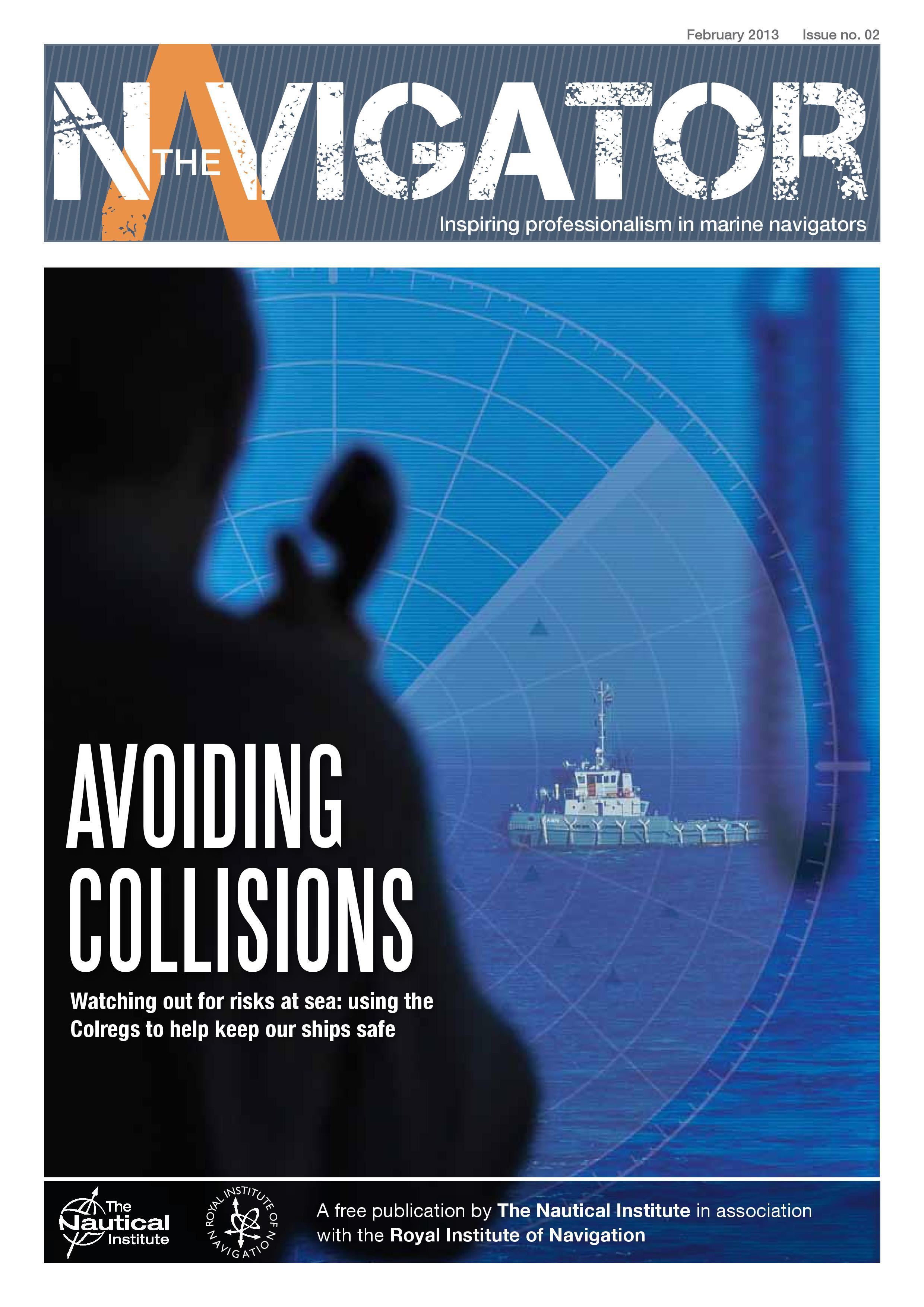Seeing the world by all available means
Work, rest and port calls
A fundamental skill for any navigator is the ability to maintain situational awareness and make good decisions, both in planning and in carrying out the voyage. That requires good training, and good maintenance and development of knowledge. It also needs sufficient physical and mental rest
The Navigator statementWAYPOINT - GNSS interference, workload and fatigue
Managing a new addition to the established workload – and what maritime regulation can learn from civil aviation
The Navigator statementTake 10 #41: Managing tiredness and fatigue
Ten ideas to help manage tiredness and fatigue at sea – and how to spot the difference before it’s too late
The Navigator statementWatchout: Slipping into sleep; drifting into danger
How one Master’s fatigue led directly to the grounding of a passenger vessel
The Navigator statementNavBrief - The Navigator issue 41
A professional navigator must be able to carry out their duties safely. That means not being fatigued or overworked. Don’t risk dropping off – the safety of the ship depends on it!
The Navigator statementWho's Navigating? Building resilience, leadership and confidence
Deck Cadet Otari Tvaradze discusses the value of continuous learning and maintaining high standards in the LNG sector
The Navigator statementWhen tiredness takes over – what next?
We all get tired, but fatigue is a very different matter – and drinking coffee does not help! As a seafarer, I have experienced both. I describe fatigue as being so tired that you cannot think straight and often don’t see the whole picture. It is a debilitating and, at times, dangerous situation. We must recognise the symptoms of fatigue in ourselves as well as in others. The consequences of failing to do so can literally be a matter of life and death. It can be hard to speak up, but you need to recognise when it is time to do so
The Navigator statementTake 10 #40: Managing GNSS
Ten top tips for managing GNSS – and the absence of it
The Navigator statementWAYPOINT - Staying alert to jamming and spoofing
George Shaw from the Royal Institute of Navigation explores how GNSS can become vulnerable to jamming and spoofing and what mariners can do to stay on course
The Navigator statement
